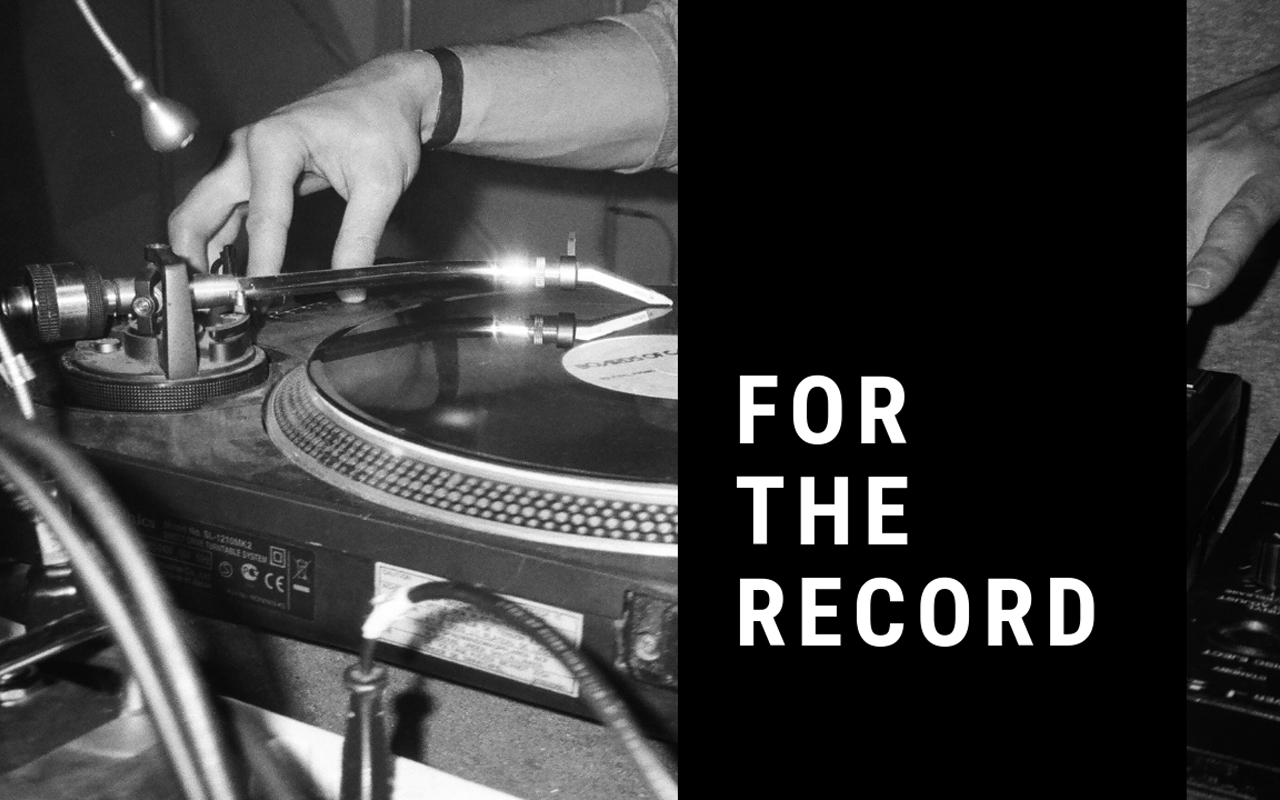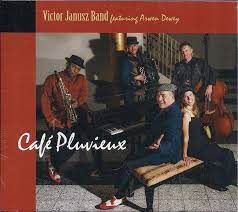

Victor Janusz Band
Café Pluvieux
Self-released
Some music transports us to other times and places and Café Pluvieux is an easygoing but engaging journey through different destinations and moods. Café Pluvieux is the latest offering from the Seattle singer, songwriter, and pianist, Victor Janusz. This is his fourth full-length studio recording, following his most recent offering, Living in a Blue State (2015). The title of his new album Café Pluvieux translates as “rainy café,” and as the name suggests, the album delivers somber tunes but unexpectedly balances the tone out with some upbeat numbers.
The first song is one of those exceptions. “Don’t Start the Show Without Me” is a cabaretesque, playful tune full of spirited piano and vocals by Janusz and even a surprise interlude with steel drums. The following track, which is also the title track, lives up to its name: “Café Pluvieux” is a slower, moody song that conjures up images of dark skies and rainstorms, and talks of doubts and queries about life, with a few ironic lines like, “It’s all in God’s hands or maybe Godot’s.” There are some pleasant instrumental interludes in this piece with the piano and double bass making their presence known.
These first two songs are Janusz originals, but he mixes things up with his interpretation of some standards like Cole Porter’s “Night and Day.” Instead of Ella Fitzgerald’s swooning, smooth tones, Janusz gives us a mid-tempo beat duet between him and his regular vocal accompanist, Arwen Dewey. Further cementing the French theme is the classic “Sous le ciel de Paris,” made famous by Édith Piaf. Channeling Piaf, Dewey hums and effectively spins out a song of sadness, accompanied by the accordion and piano. Meanwhile, Janusz’s version of “Over the Rainbow” is refreshing and purely instrumental.
This album also showcases strong Northwest musicians including Medearis “MD” Dixson on alto and tenor saxophone; Spencer Hoveskeland on double bass, electric bass, and guitar; Eric Wilcox on drums; and several others. The final offering, an original titled “Le Baiser,” is another duet with Dewey singing in French. It’s a more mid-tempo piece that melds some of the sadness and sweetness that exists in us all wherever we happen to be.
–Lucienne Aggarwal